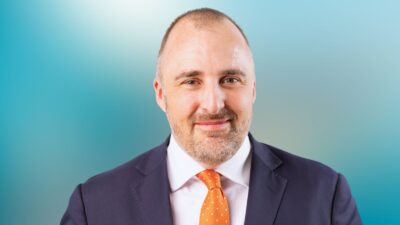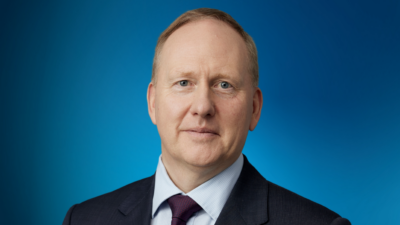-
Sort By
-
Newest
-
Newest
-
Oldest
Big super’s in-sourcing of investment management means contending with new and hidden costs,
but funds are also fretting the unintended consequences of a laser focus on fees.
Australian Retirement Trust has seen the cycle of in- and out-sourcing around the world and doesn’t want to be part of the same ‘pattern’. But even very large super funds have to think hard about their service providers, with counterparty risk emerging around similarly large managers.
YFYS is driving an uplift of the $31 billion Brighter Super’s investment strategy, while wider super fund performance is narrowing even as competition for new and switching members heats up with the end of default distribution.
The $124 billion super fund is pretty proud of its direct property portfolio, which now includes 66 acres of prime development land once used to manufacture dynamite. But it doesn’t want to take on the risks that come with heading overseas.
Australia’s largest super fund thinks its three million members will be better off with a single “account for life” and will soon bring a longevity risk solution to market to help them conquer fear of running out.
A dearth of member data is “hindering progress” against the retirement income covenant and more than $145 billion of member money might be better off in guaranteed lifetime income products, according to new research.
The prudential regulator will undertake another review of how superannuation funds treat their unlisted assets, with a special focus on “valuation and liquidity management practices” as they come to account for larger and larger chunks of the portfolio.
The $160 billion industry fund has found a new head for its $90 billion public equities portfolio in an alumnus of passive investing giants like Vanguard and BlackRock. It’s also pulled the trigger on promotions in the public equities team.
The $13 billion Mine Super might have had Chant West’s top performing growth option for the calendar year, but CIO Seamus Collins questions whether many default growth products are doing enough for young members who are “temporally diversified”.
Wealth management firm Alteris has selected JANA as its new investment consultant, bringing its assets under advice in the wealth space to more than $10 billion as it looks beyond its traditional client base for growth.
The CIO of the $10 billion Australian Ethical wants to triple its funds under management by 2030. Getting on that growth trajectory could mean offshore partnerships or acquisitions to augment its in-house investment capabilities.
Incoming populist leaders unleashing “incoherent” policies could shake markets, according to Colonial First State CIO Jonathan Armitage, while investors with dry powder on hand stand to win big as distressed selling takes hold in private equity and infrastructure.
















